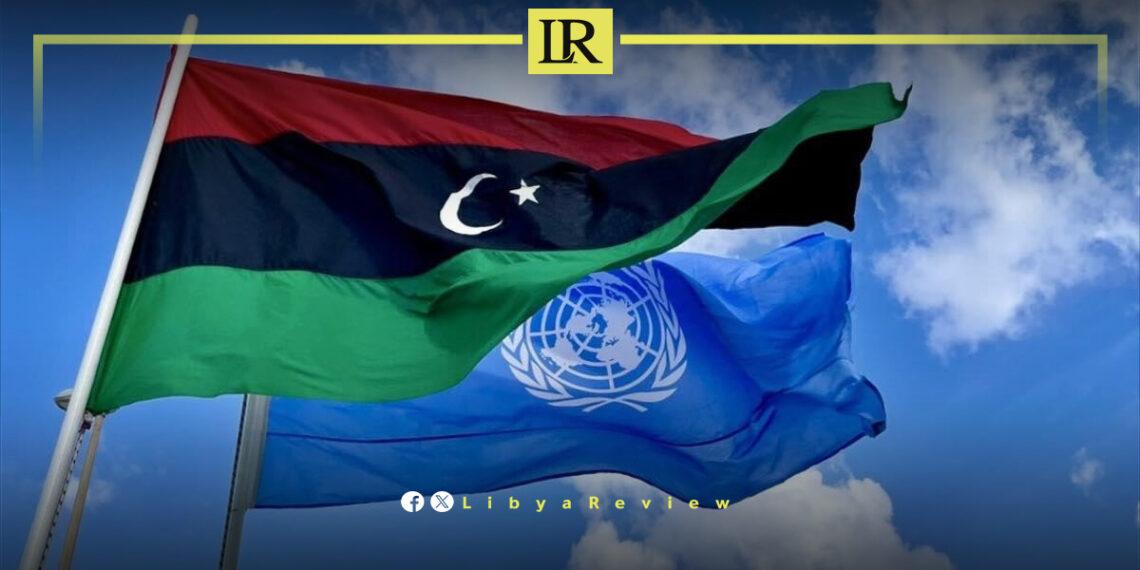The United Nations Support Mission in Libya (UNSMIL) emphasized that combating corruption demands coordinated efforts among national authorities, sovereign institutions, civil society, and all Libyans, particularly the youth.
The statement was made by UNSMIL in recognition of the International Anti-Corruption Day. The mission highlighted the urgent need for good governance, accountability, financial transparency, oversight, and equitable resource management to benefit all Libyans.
UNSMIL regards these principles, endorsed by UN Security Council resolutions, as fundamental to achieving a more stable, prosperous, and fair Libya for everyone.
The mission reaffirmed its commitment to supporting Libyan efforts to uphold these principles through political processes and various programs, as outlined in its statement.
Libya has been in chaos since a NATO-backed uprising toppled longtime leader Muammar Gaddafi in 2011. The county has for years been split between rival administrations.
Libya’s economy, heavily reliant on oil, has suffered due to the ongoing conflict. The instability has led to fluctuations in oil production and prices, impacting the global oil market and Libya’s economy.
The conflict has led to a significant humanitarian crisis in Libya, with thousands of people killed, and many more displaced. Migrants and refugees using Libya as a transit point to Europe have also faced dire conditions.
The planned elections for December 2021 were delayed due to disagreements over election laws and the eligibility of certain candidates. This delay has raised concerns about the feasibility of a peaceful political transition.
Despite the ceasefire, security remains a significant concern with sporadic fighting and the presence of mercenaries and foreign fighters. The unification of the military and the removal of foreign forces are crucial challenges.


